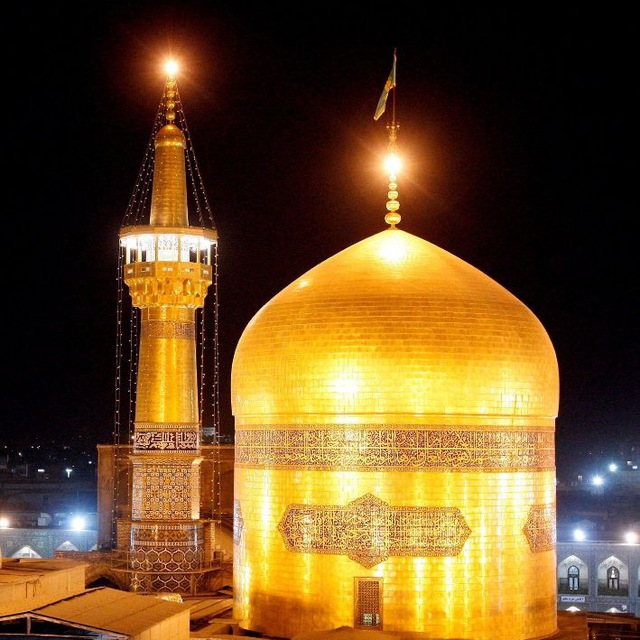.
I’m angry!
Hojjat al-Islam wa al-Muslimeen Musa Ghazanfarabadi (Chairman of Tehran Islamic Revolution Courts) said that “If we don’t help the revolution, the Iraqi Hashd al-Sha’abi, the Afghani Fatemiyoun, the Pakistani Zainabiun, and the Yemeni Houthis will come and help the revolution.”
This statement is very strange and considering his position (Chairman of the Revolutionary Court of the Capital) and his background (three terms in the parliament and judicial records) it is very interesting.
This word means that
1. Cultivating a mercenary [one who gets paid] on the other side of the borders is not necessarily to deal with global arrogance, Zionism and regional reaction and to support the line of resistance further away from the borders; It is also justified for internal use, provided that it is clear that “we are not helping the revolution” [what signs have been seen that relying on the support of “non-Iranians” for the 1957 Iranian revolution is being said on the loudspeaker?!]
2. reversed position; Recklessness in exporting the revolution has now necessitated the need to import the revolution!
3. With the need for “hard power” in the protection of the “revolution”, this movement has given up hope on the “soft power” of the revolution, as much as it is sufficient, and all ways of restraining and controlling the aid to non-Iranian militias, including will strongly reject accepting FATF terms,
4. This school of thought (whose dimensions of power and access to their wealth cannot be accurately measured) has accepted that the “Iraqi Hashd al-Shaabi, the Afghani Fatimiuns, the Pakistani Zainabiun, and the Yemeni Houthis” have appreciated the blessing of the “Revolutionary Table” more than the “Iranians” themselves. This is not raising the status of foreign supporters of the revolution, it is discounting the belief and actions of the Iranian people, and because “poison” will work,
5. This school of thought considers the region as its country and property and probably at the same time ignores both the sense of patriotism and nationalism of Iranians and this sense of other people of other countries; As a result, it stimulates and unites the public opinion against itself and against the “revolution”.
6. The idea that those who take action to defend the revolution (in the absence of “us”) is the idea of those who demand the bombing and sanctions of Iran from the likes of Trump in order to establish democracy and defend human rights. A sign of the will and power of the Iranian people is the common denominator of both these views. This name has led to the humiliation of the people of Iran.
Now, even if Ghazanfarabadi’s Hojjat-ul-Islam wa al-Muslimin wants to correct or deny his statements, it is not clear that the action of “poison” stopped the spread of such words, which are unfortunately very easy to believe.
Just five months ago, the advisor to the leadership in international affairs and a member of the Expediency Council (Ali Akbar Velayati) set an example for the Houthis to learn from the Yemenis how they resist threats and sanctions. Instead of clothes, they wear lames and have weapons in their hands, and they have a few pieces of dry bread in their hands and on foot.”
In the “current critical period” useless and misleading statements of such officials are fatal. A superior institution must put a serious restraint on such platforms or provide the opportunity for debate in the same platform.
@mmoeeni1
This post is written by mkarimia46
